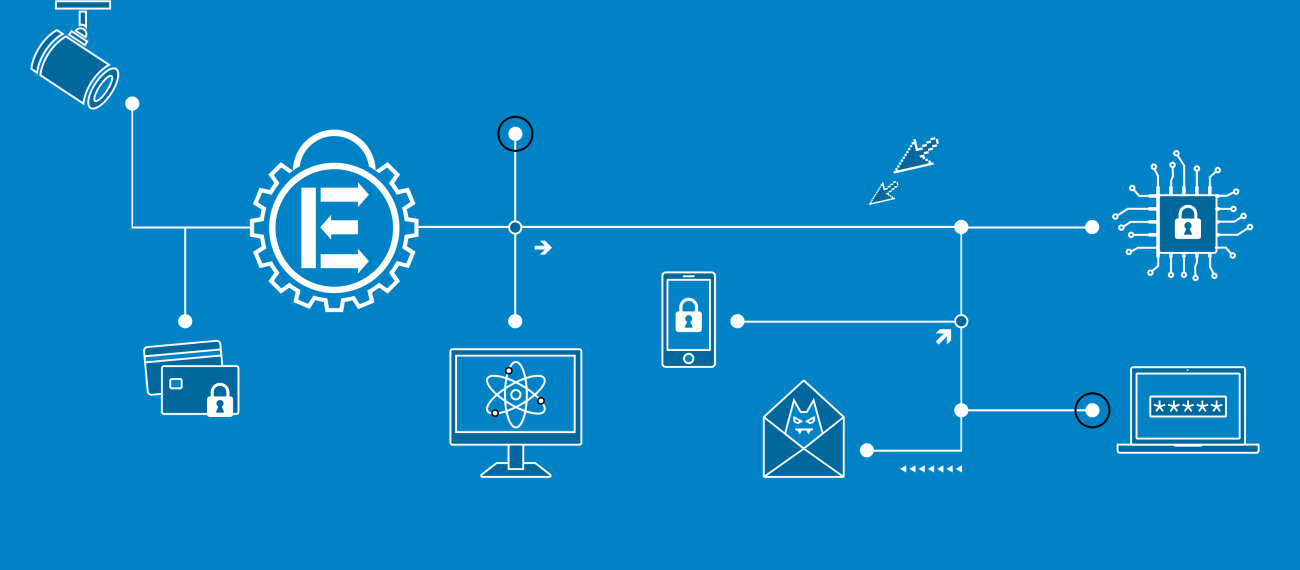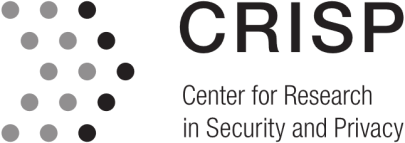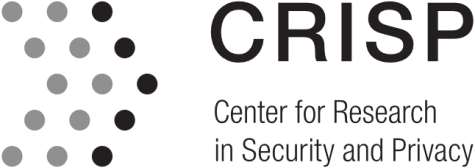Upcoming Projects
Running Projects
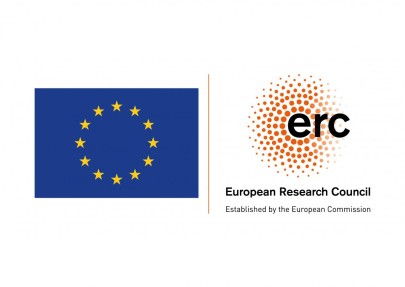
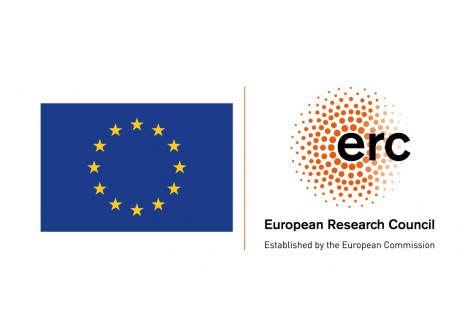
European Research Council, 2025-2030
ERC Consolidator Grants with funding of up to €2M over five years are awarded to excellent researchers with seven to twelve years of experience since completion of the PhD whose independent research group is in its consolidation phase.
Privacy is a fundamental right and ideally both users’ data and organizations’ intellectual property are protected. Privacy Enhancing Technologies (PETs) can protect data and function privacy. A mature PET to protect data is Multi-Party Computation (MPC). Further PETs are Private Set Intersection (PSI) to compute functions on sets of elements, and Private Function Evaluation (PFE) to protect data and functions. The main goal of the ERC Consolidator Grant PRIVTOOLS is to develop composable PETs and corresponding open-source tools that make them accessible to developers who are non-experts in cryptography. So far, MPC, PSI and PFE were studied mostly separately, and their composition to more complex functions is open. We will develop composable and efficient PETs using various function representations.
Our objectives are:
1) Currently, each MPC framework uses a dedicated high-level language. The objective for MPCTool is to give developers unified access to multiple MPC frameworks and function representations from multiple programming languages. This allows technology transfer across MPC frameworks, compare their performance, and protects against vendor lock-in.
2) For set operations, a developer must currently generate circuits for postprocessing elements in the intersection which is cumbersome. To make PSI more accessible, PSITool will be the first tool for PSI that generates optimized PSI variant protocols from programs using common abstractions for sets.
3) For private functions, a developer must currently generate a circuit that is evaluated with a PFE protocol. This is inefficient and often only parts of the function must be hidden. PFETool will be a flexible tool for PFE that uses multiple function representations and automatically chooses efficient PFE protocols for subfunctions.
The tools built in PRIVTOOLS also work with each other, e.g., PFETool can hide the set operations in PSITool. They will allow protecting data and functions in a large variety of applications.
See also the official ERC fact sheet and the press releases by TU Darmstadt and the ERC.


Deutsche Forschungsgemeinschaft (DFG), 2014-2026
Collaborative Research Centers (Sonderforschungsbereiche) are institutions funded by the German Research Foundation (DFG) and are established at universities to pursue a scientifically ambitious, complex, long-term research program. The goal of the center CROSSING – Cryptography-Based Security Solutions: Enabling Trust in New and Next Generation Computing Environments is to provide cryptography-based security solutions enabling trust in new and next generation computing environments. The solutions will meet the efficiency and security requirements of the new environments and will have sound implementations. They will be easy to use for developers, administrators, and end users of IT, even if they are not cryptography experts. In CROSSING researchers from different areas such as cryptography, IT security, computing hardware, quantum physics, and software engineering will collaborate. In the first funding phase (2014-2018) of CROSSING, our group was involved in project S5 (Privacy-Preserving Computation) and project E4 (Compiler for Privacy-Preserving Protocols). In the second funding phase (2018-2022), both projects were merged into project E4 (Compiler for Privacy-Preserving Protocols). In the third funding phase (2022-2026), we continue with project E4 (Compiler for Privacy-Preserving Protocols) and are affiliated with the new project E7 (Transparency as User-Centered Intervention for Privacy and Security).
Awards and Other Funding Sources
Finished Projects


European Research Council, 2020-2025
ERC Starting Grants with funding of up to €1.5M over five years are awarded to researchers with two to seven years of experience since completion of the PhD and a scientific track record showing great promise.
Users of Internet services currently have to entrust the respective service provider with their data. However, attackers or secret services can obtain access to that data by using vulnerabilities or backdoors in hard- or software. Moreover, authorities can force the service provider to give out data. The new EU General Data Protection Regulation (GDPR) now mandates that companies take appropriate measures to protect user data.
The ERC Starting Grant „PSOTI“ (Privacy-preserving Services On The Internet) will eliminate the need to trust a single service provider in Internet Services and empower users to keep full control over their data. For this, the user can choose from multiple service providers who jointly process the data, without gaining direct access to the contents. The data will be protected, as long as at least one provider is trustworthy.
The main goal of PSOTI is to develop privacy-preserving services for commonly used applications on the Internet like data storage, online surveys, and email. These services will provide extensive functionalities and will allow to securely and efficiently store, retrieve, search, and process data. This will allow to comply with the GDPR and preserve the fundamental rights to privacy and the protection of personal data.
A practical system for secure multi-party computations will be developed which can also be used for the secure processing of other sensitive data such as in the areas of genomics or machine learning. Also protocols for private search queries will be built that even hide the structure of the query and that can be used in multiple application scenarios.
For more information on PSOTI, see the press releases by TU Darmstadt and the ERC, the ERC fact sheet with the project description and objective, and the ERC results in brief article summarizing the project's main outcomes.

